On September 30, 30 principals and about 40 high schools in Hanoi participated in a discussion with South Australian education managers.
Principals of Vietnamese high schools asked many questions related to a number of issues in South Australian education such as subject selection, career orientation...
When teachers are the "throwers", students are the "catchers"
Speaking at the program, Mr. Tran The Cuong, Director of the Hanoi Department of Education and Training, said that the sector has established many international cooperative relationships with schools from many countries around the world , contributing to promoting integration and improving the quality of education in the capital.
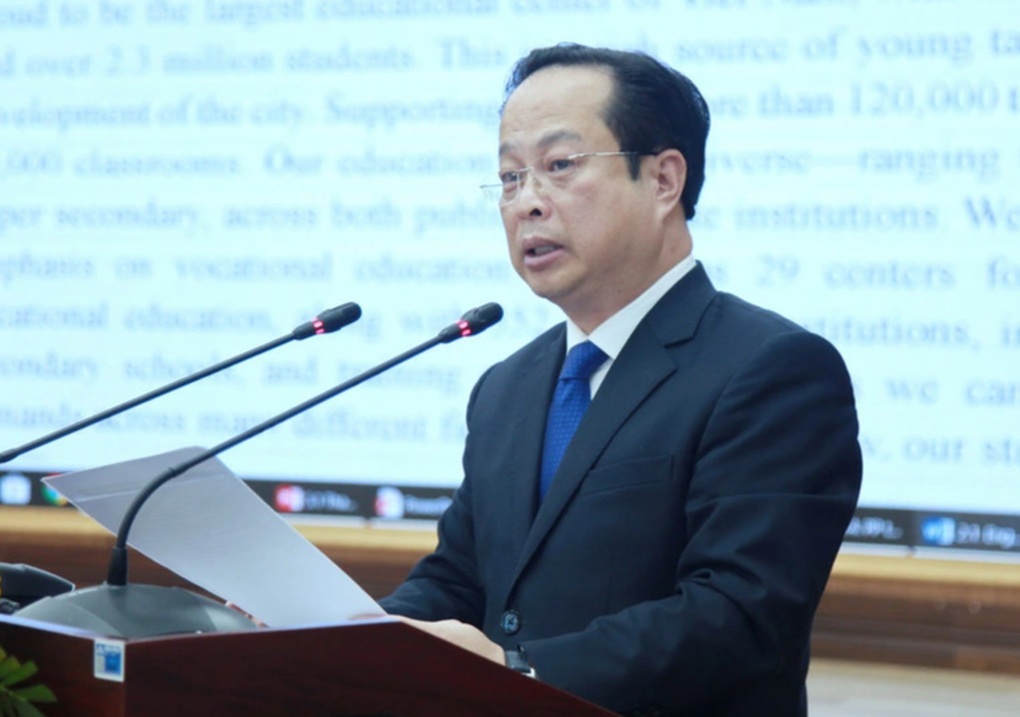
Mr. Tran The Cuong, Director of Hanoi Department of Education and Training (Photo: Cuong Le).
However, in reality, compared to non-public schools, public schools face difficulties in international integration. Students have fewer opportunities to participate in cooperation activities with foreign countries compared to non-public schools.
To "overcome difficulties" in international cooperation, some public high schools in Hanoi have taken their own path.
Ms. Nguyen Boi Quynh, Principal of Viet Duc High School, shared that to help students integrate as much as possible, the school focuses on two solutions: improving English and organizing activities to help students gain more career skills.
According to the principal, many students are self-conscious and embarrassed when speaking English, but the school has helped them overcome this barrier in foreign language classes. The school also cooperates with many international organizations, supporting teachers in giving lectures that bring positive energy to students.
“Every lesson is turned into an effective learning project. Not only foreign languages but all other subjects are “embedded” in English so that students can become more familiar with it.
In class, teachers innovate to help stimulate students' learning spirit. Teachers act as "throwers" and students act as "catchers" to make class more interesting," shared the Principal of Viet Duc High School.
In addition, the school organizes cultural and artistic competitions in English, on a small scale in the class, up to the school level, or combines organizing debates with some specialized language schools in the area or some schools abroad.
According to Ms. Boi Quynh, it is very important for teachers to provide knowledge from books at school, but more importantly, it is to create a playground for students, helping them to be confident.
The school does not sit still and wait, but proactively cooperates with many high schools abroad, helping students to directly or indirectly exchange experiences, gain more experience to improve skills, access university studies and enter life after graduating from university.
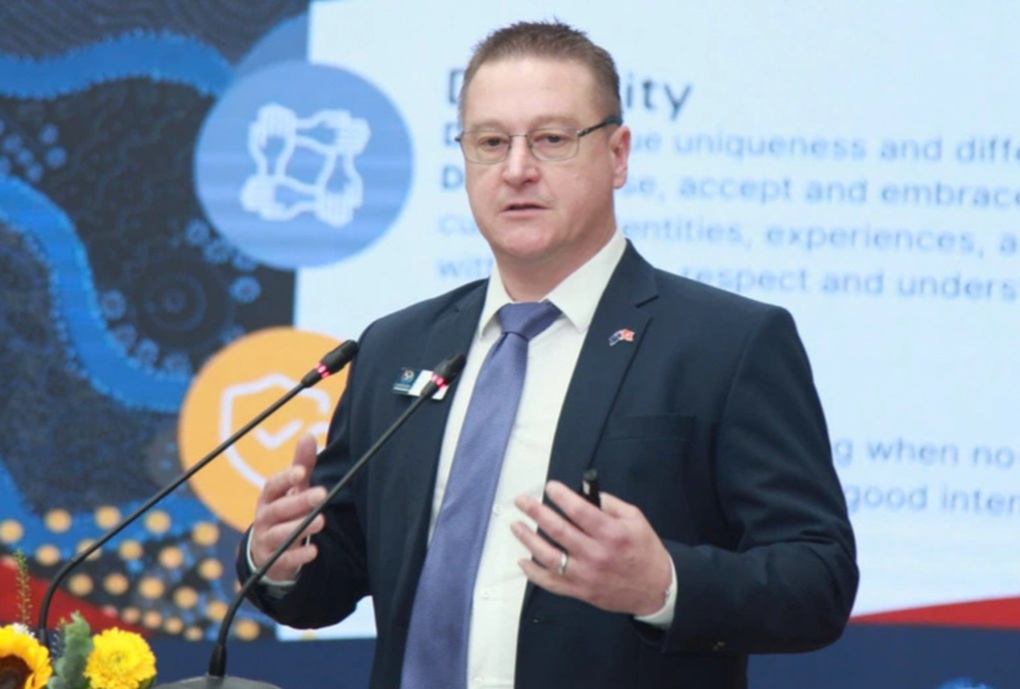
Education expert from South Australia shares at the seminar (Photo: L. My).
Empowering students and principals
When asked by an education expert from several high schools in South Australia, Associate Professor Dr. Nguyen Xuan Thanh, Principal of the Institute for Teacher Training and Development, said that in Vietnam, schools and students are also empowered, but why is innovation still "stuck" in many places? Meanwhile, in foreign countries, this is applied very flexibly.
Mr. Thanh asked the experts: Students in Vietnam have few subjects but the choice is still confusing. With more than 100 subjects in South Australia, how do students choose? If they choose wrong, how do they choose again?
Ms. Narelle Slivak, Director of International Education, South Australian Government Department of Education, said that in this state, students still have to study compulsory subjects including: math, science, history, geography, civics, physical education, foreign languages, etc.
In addition to the required subjects, the school has many other subjects for students to choose from depending on their interests and abilities.
Elective subjects at schools are also different to give students more opportunities to choose. Accordingly, students interested in any field will be carefully advised by the school's Advisory Board before making a decision.
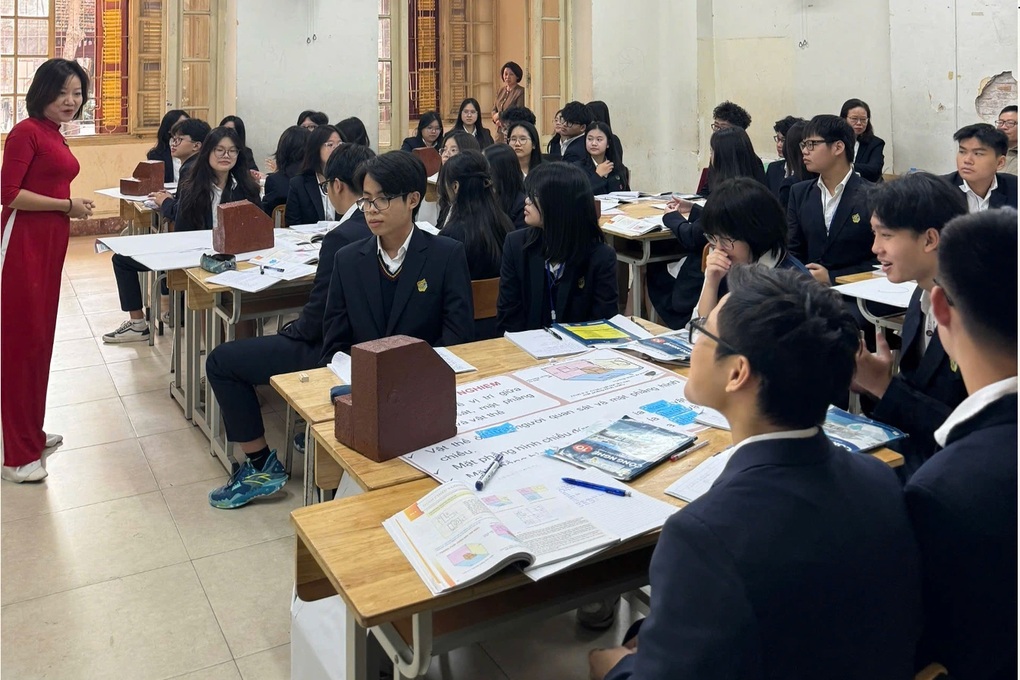
Class time of students at Viet Duc High School, Hanoi (Photo: B. Quynh).
After students complete the 3-year program, they will have to pass the required test and receive a certificate of completion. Students have chosen subjects that can be flexibly changed under the supervision and evaluation of the subject teachers.
When wanting to change subjects, parents, schools and advisory councils will sit down to listen and come up with a plan to help students.
Mr. Roy Page, Principal of Norwood International High School, South Australia, said that students and principals are empowered to use flexibility.
For example, in choosing subjects, schools will have an advisory board with families to help students choose the right subjects. In particular, the school has a design to help students shape their studies or change direction appropriately.
“To help students choose their future path, in Australia there are groups of subjects by topic, by profession or by university level. This helps students choose the right path, not necessarily going to university,” said Mr. Roy Page.
Since 2007, the Hanoi Department of Education and Training and the South Australian Department of Education have had many cooperative activities, including signing a memorandum of understanding; developing a teacher training program; exchanging and sharing experiences on testing and evaluating students...
With a series of questions this morning, the two sides discussed teaching experiences, learned about similarities and differences in programs and teaching methods to draw lessons to improve the quality of general education in the two countries.
Source: https://dantri.com.vn/giao-duc/khong-it-truong-cong-lap-gap-kho-khi-hop-tac-quoc-te-20251001010146662.htm





![[Photo] Hanoi morning of October 1: Prolonged flooding, people wade to work](https://vphoto.vietnam.vn/thumb/1200x675/vietnam/resource/IMAGE/2025/10/1/189be28938e3493fa26b2938efa2059e)


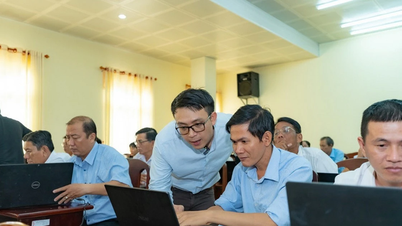



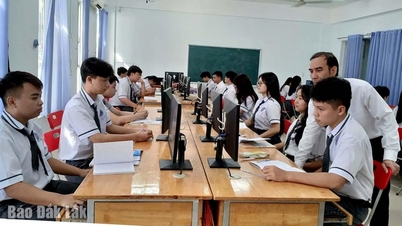

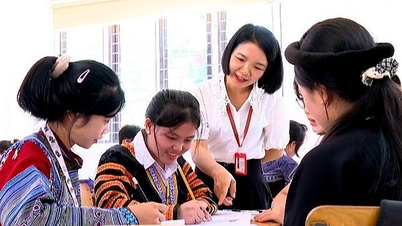

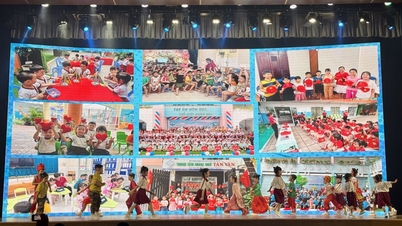


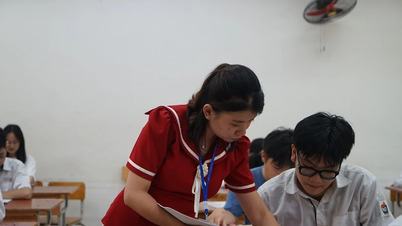
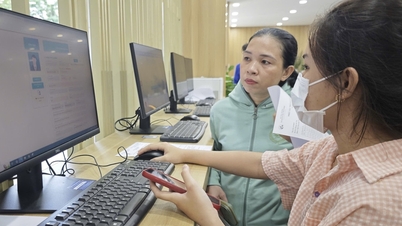

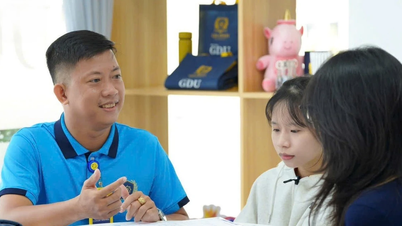
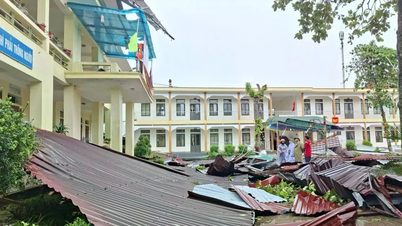

![[Infographic] The number of applications for university and college admission in 2025 has increased sharply](https://vphoto.vietnam.vn/thumb/402x226/vietnam/resource/IMAGE/2025/10/1/8da66b78e0b3468496721724246e3857)







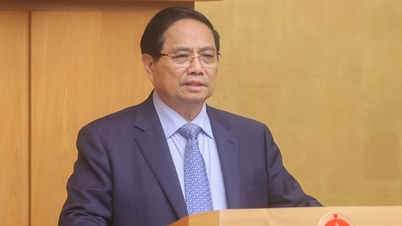



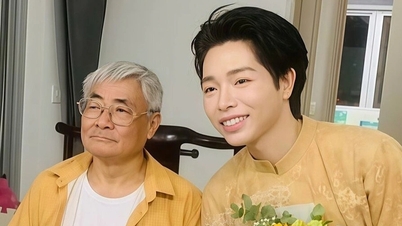

![[Photo] President of the Cuban National Assembly visits President Ho Chi Minh's Mausoleum](https://vphoto.vietnam.vn/thumb/1200x675/vietnam/resource/IMAGE/2025/10/1/39f1142310fc4dae9e3de4fcc9ac2ed0)

































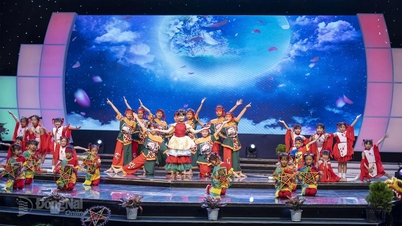

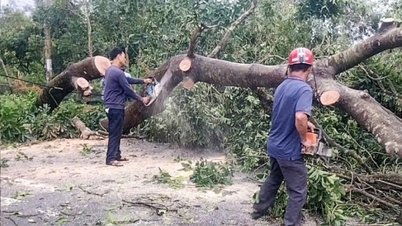



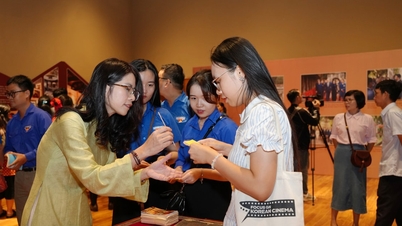

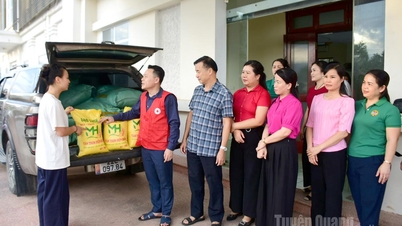














Comment (0)